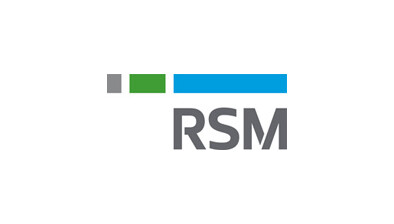Scottish housing associations ‘continue to resist’ Board remuneration
A new survey has highlighted a divergence in approach to Board remuneration by housing associations in Scotland and England.
Audit, tax & consulting services provider RSM said the majority of housing associations in Scotland continue to resist Board remuneration despite growing positivity for its impact south of the Border.

Kelly Adams
Statistics taken from RSM’s Health of the Sector survey highlighted that only 5% of housing associations in Scotland planned to pay non-executive members or chairs, compared to 87% of housing associations in England that pay Board members.
Kelly Adams, partner at RSM in Scotland, said: “Board remuneration has become a real hot potato in Scotland. Many housing associations have resisted paying Board members as they feel it would reduce the overall spend for tenants’ services and they believe they can get Board members without paying, which is why we seen such widespread pushback.
“OSCR restrictions on not paying more than 50% of charity Board members also raises difficult questions around the percentage of a Board that is paid, and whether paying only chairs will negatively change the Board dynamics.
“Despite this concern, more Scottish housing associations appear to be considering paying Board members to recognise the increasing demands on Board members’ skills and time. If this happens and remuneration was more prevalent, recruitment of unpaid Board members could become harder, so we could see a shift in attitude over time. But is this against the general philanthropic approach of Scottish volunteering?”
The Health of the Sector report will be available soon on the RSM website.








